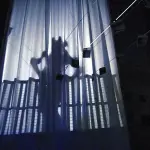Shortly after arriving in Germany, I started to become aware of the word ‘Pflege,’ which has several possible translations in English, including care, maintenance, custody, nursing, grooming. I felt like I was seeing this word everywhere, and would find it in unusual places, such as on little enameled signs at the cemetery. These little signs are meant to be instructions (as in this gravesite needs to be taken care of) – in other words, they indicate a desired action. But they also indicate a way of dealing with memories, feelings and a sense of obligation.
In 2001, I took the word ‘care’ and the idea of a call to action and created the participatory performance M.o.M. (Mammalia ohne Mütter): Ein Pflegeprogramm (Mammals without Mothers: A Care Program), which took place over several days at the Städtisches Museum Zwickau.
The ‘care program’ was dedicated to historic taxidermy mounts – some of the hundreds of specimens that came from the estate of a court taxidermist who, after his death at the beginning of the 20th century, left his taxidermy collection to the city of Zwickau. The city maintained the collection in a natural history museum until the early 1970s. Then the local art society moved into the building, and the animals were moved to various municipal storerooms, where they have rested ever since.
Together with a museum employee, Mr. Hartmut Tauscher, I selected 20 taxidermy mounts – all mammals – to participate in my performative, public and participatory care program. I photographed each animal, described its condition, and, if possible, shampooed, blow-dried, and combed it. In some cases, the pedestal needed repairing, or the nose needed a little touching up. Finally, each animal received a bib embroidered with its German and Latin name before I placed it in a dignified place in the museum and photographed it again in its clean, groomed state.
My work in the improvised restoration workshop was open for all to see and to participate in. Visitors were welcome to help me at various stages of this process, and they received an honorary M.o.M. badge for their participation.
In fact, these mammals (Latin: mammalia) were more than just cared for in this program: they were ‘mothered’. The documentation shows the same dead animal looking happier after the treatment than before. The animals, once mounted as hunting trophies or to teach about life, age in sometimes breathtaking positions, even though they are preserved.
The rejuvenated animal mounts that successfully completed the M.o.M. care program remained on display in the museum for several years as a reminder of this performative intervention and the history of the exhibits, as well as a reminder of the past and its cultural heritage.
"Animals without mothers are finally helped by an artistic instinct for grooming. Because those who are stuffed can no longer clean themselves. But those who have completed the M.o.M. care programme can dare to be seen in the museum again. Everyone who has been to M.o.M. can wear their name again with dignity."
M.o.M.‘s promotional slogan
…
Many thanks to all the unnamed participants who were caring enough and brave enough to be part of the M.o.M. care program.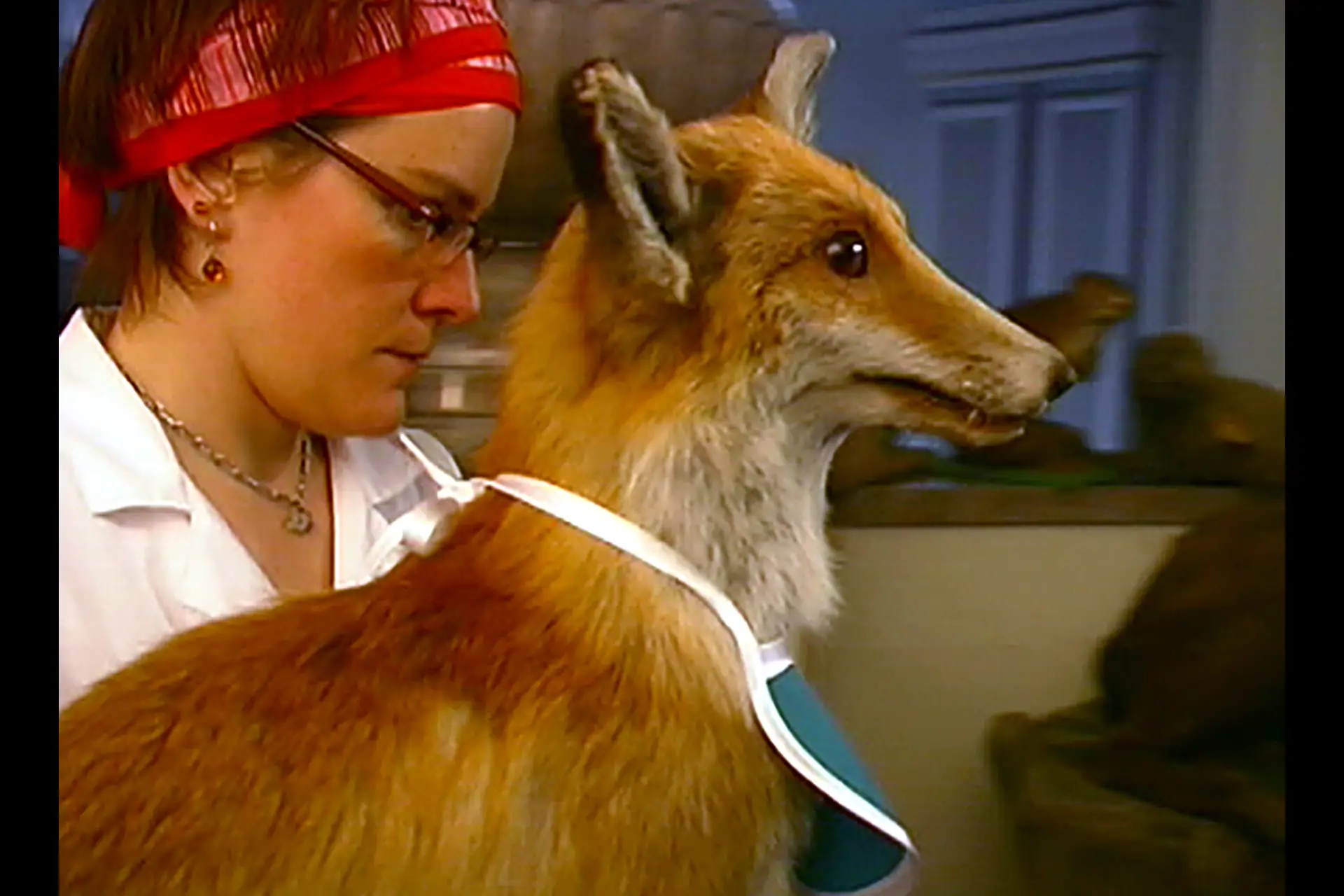

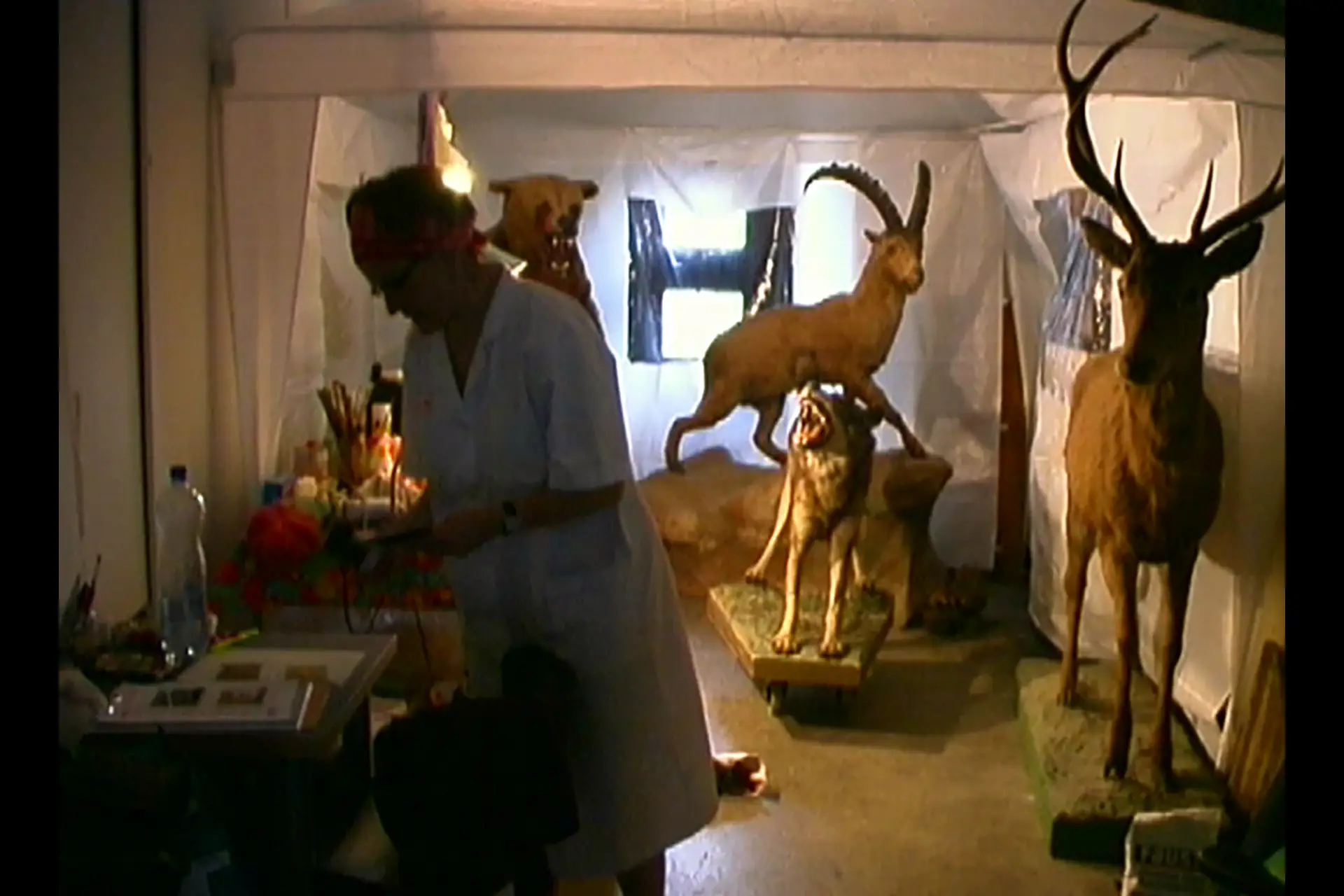
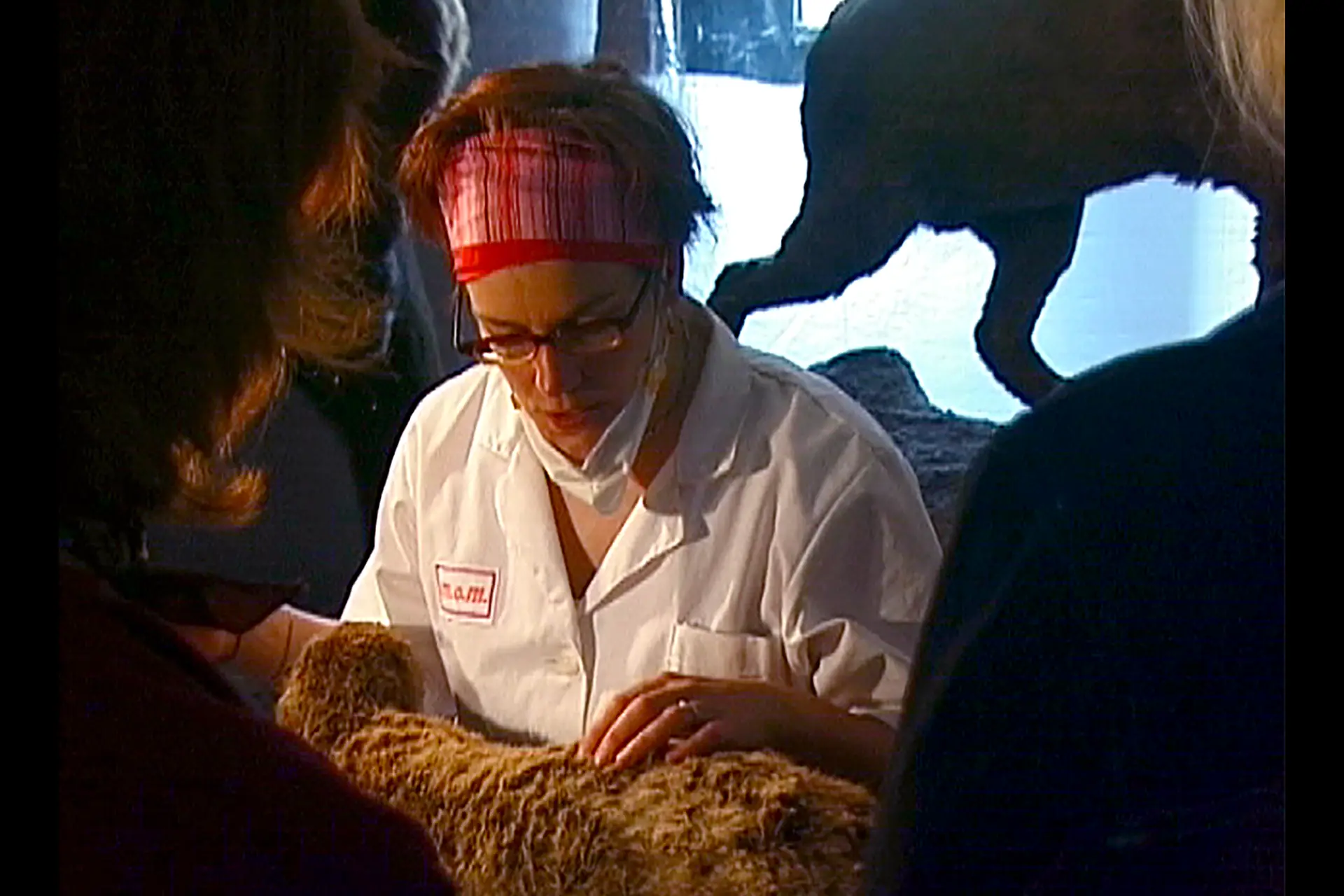


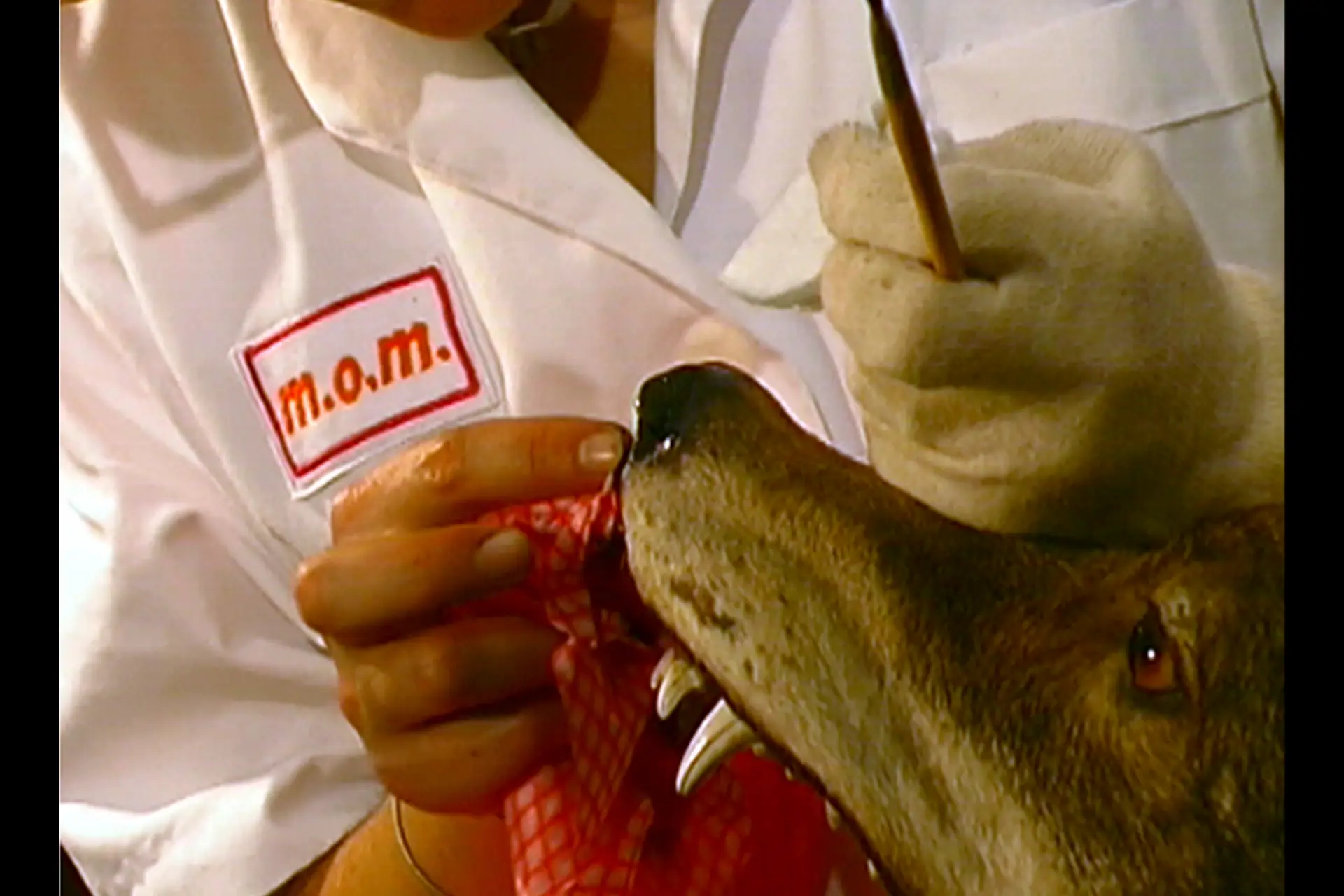
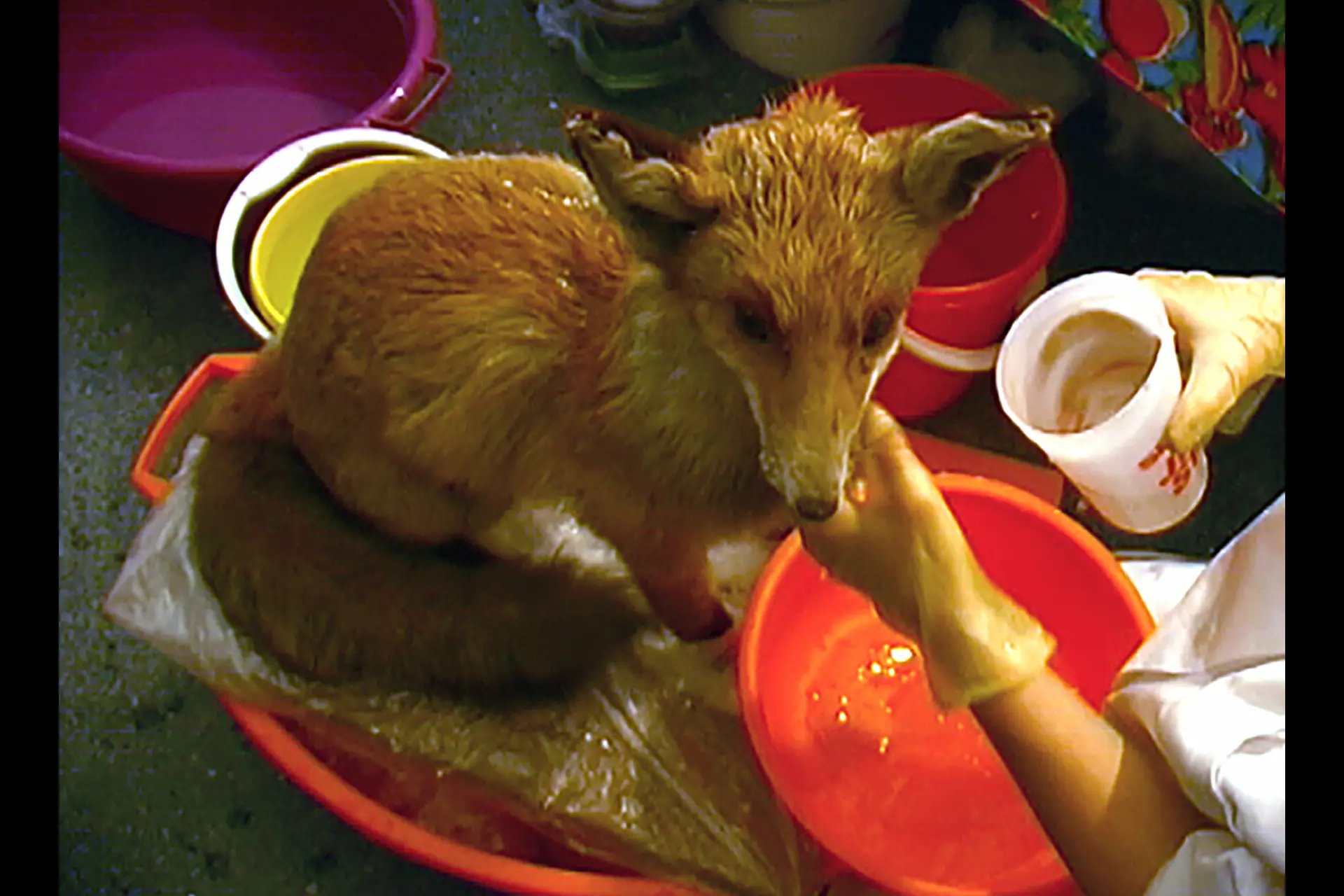
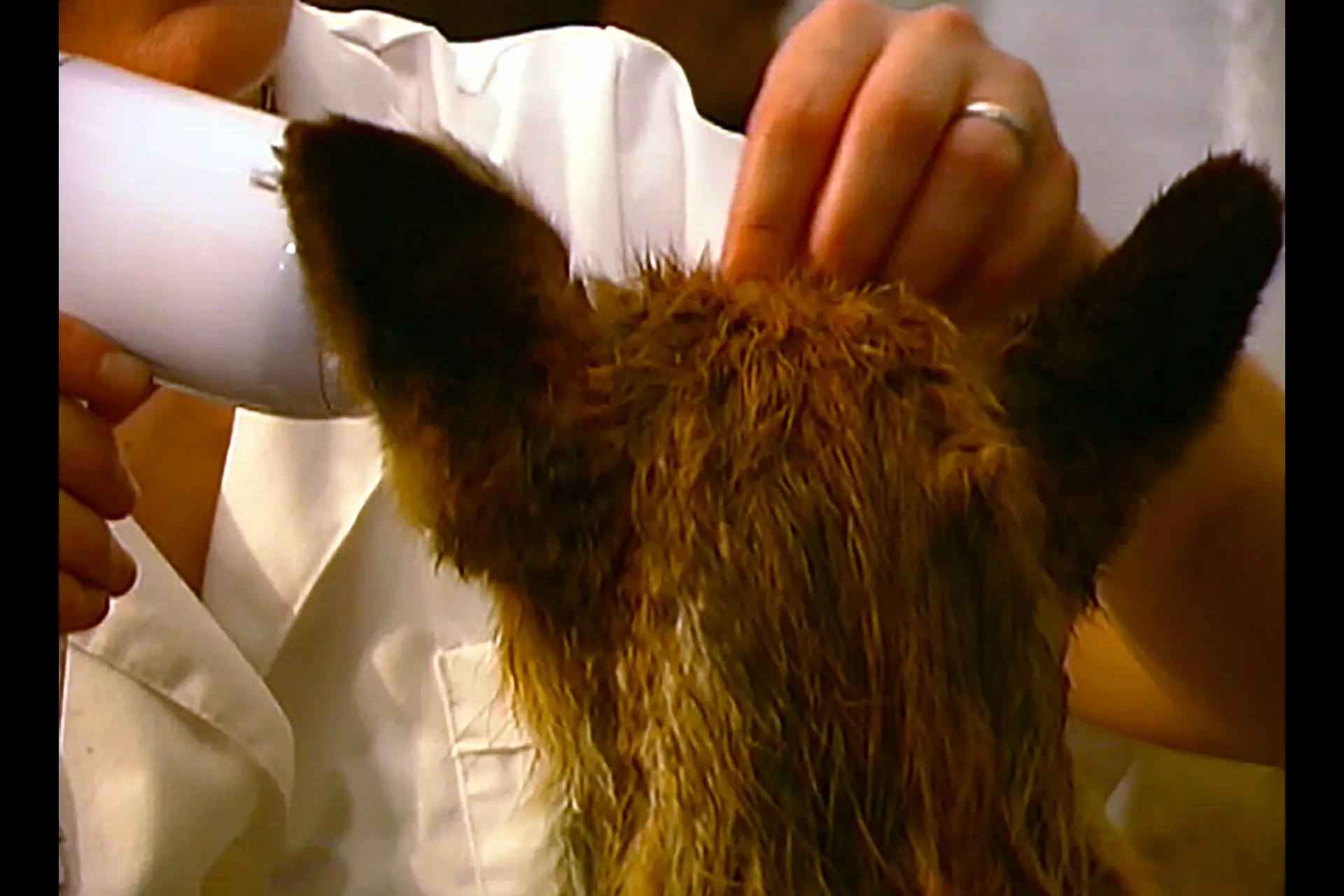
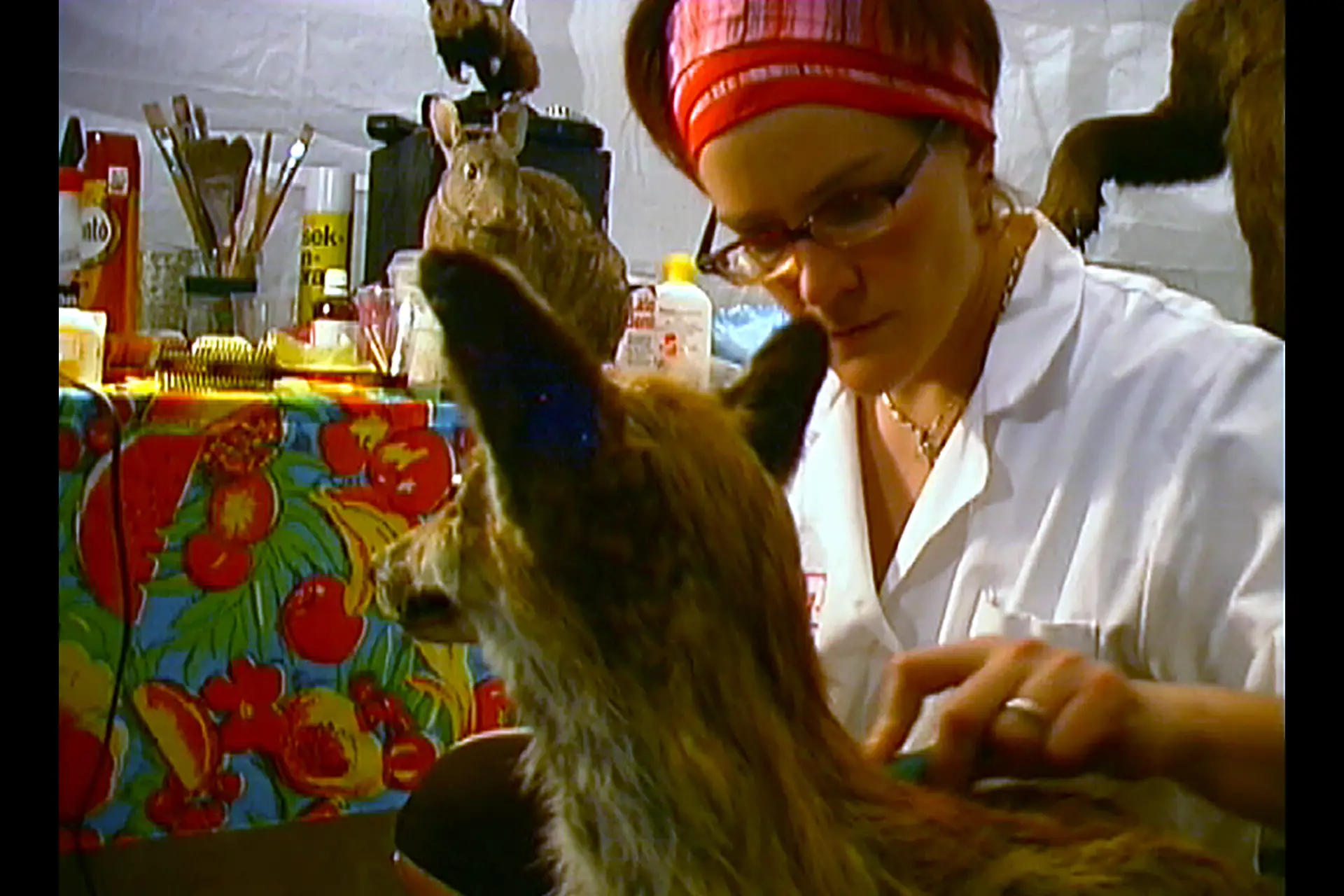
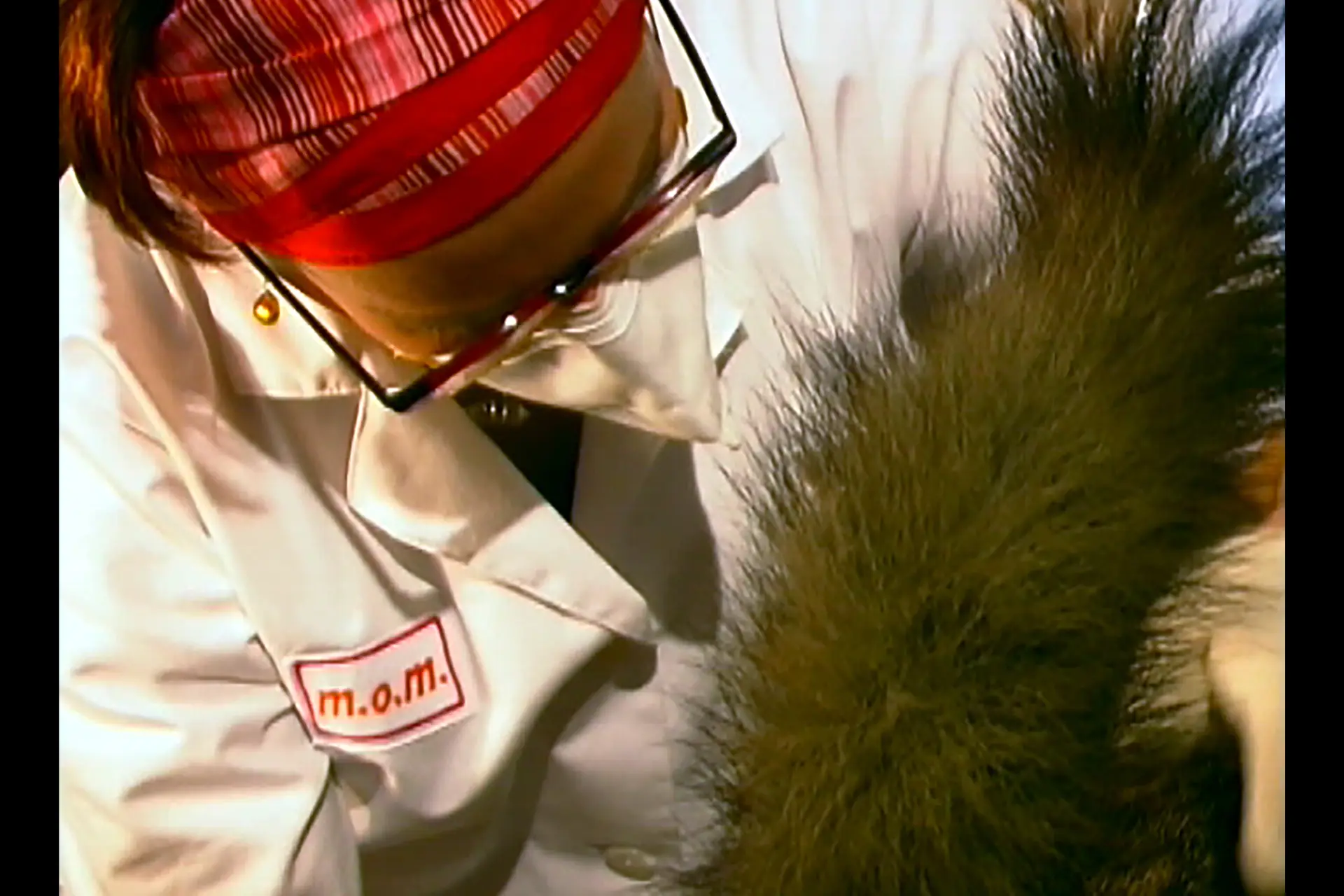

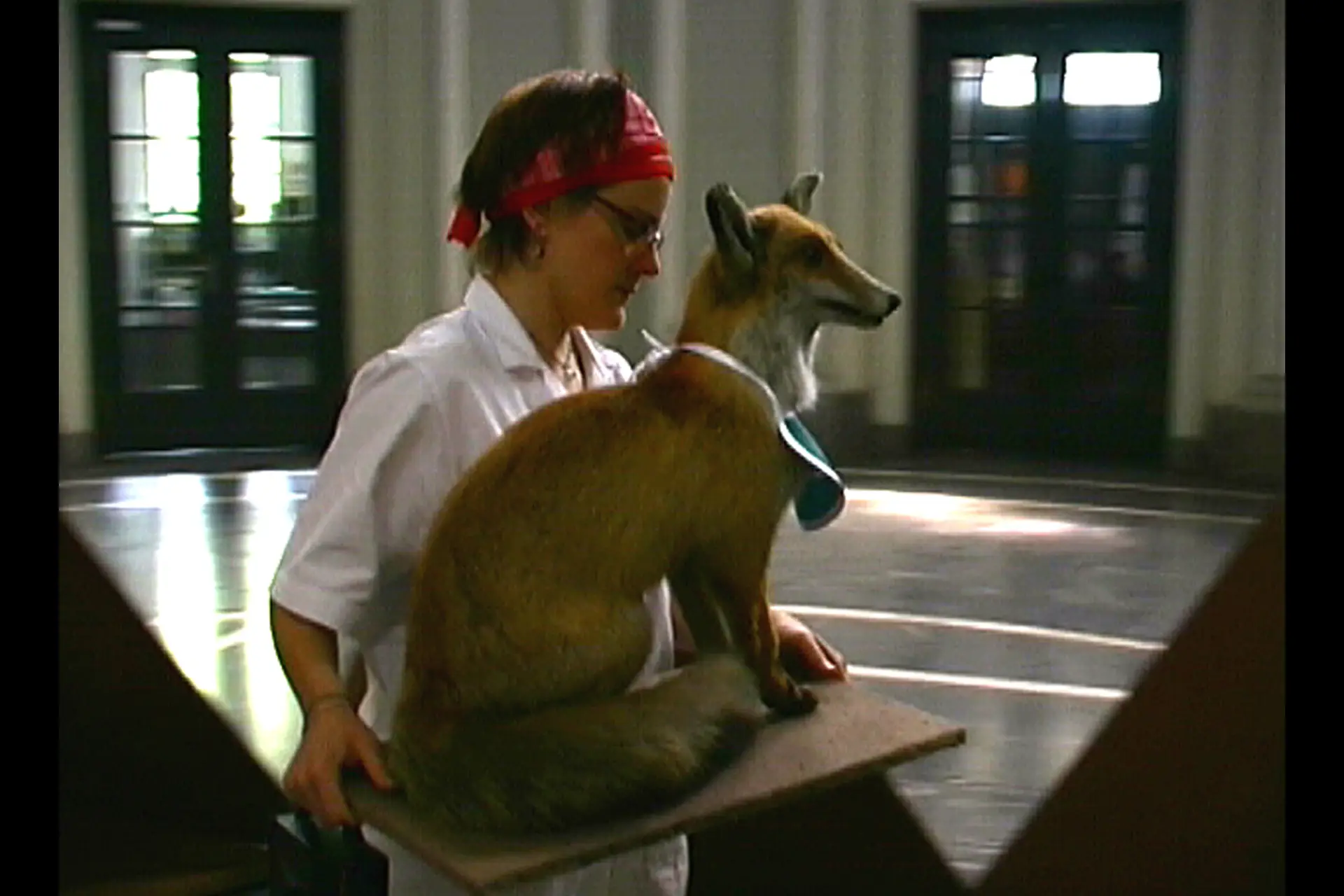
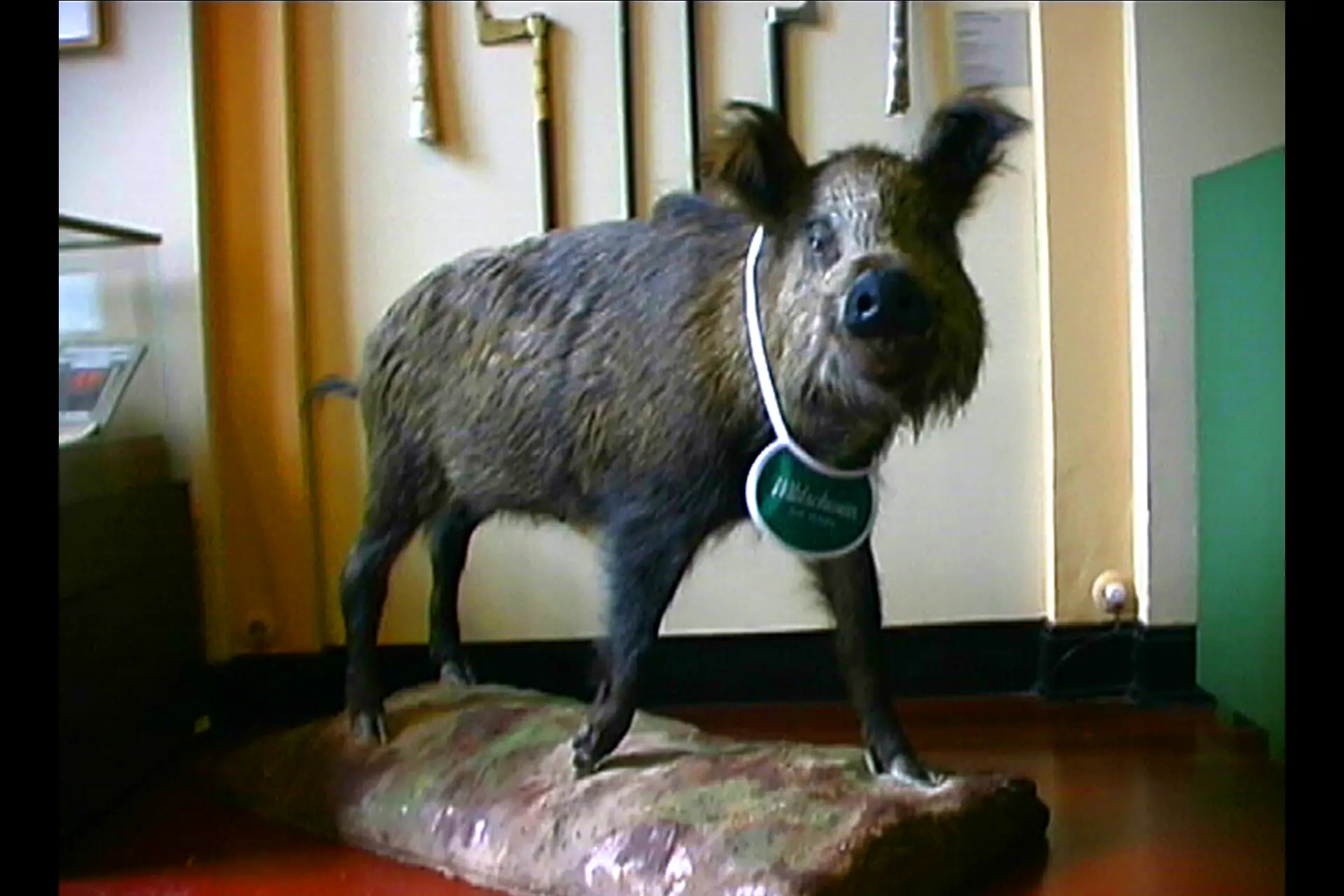


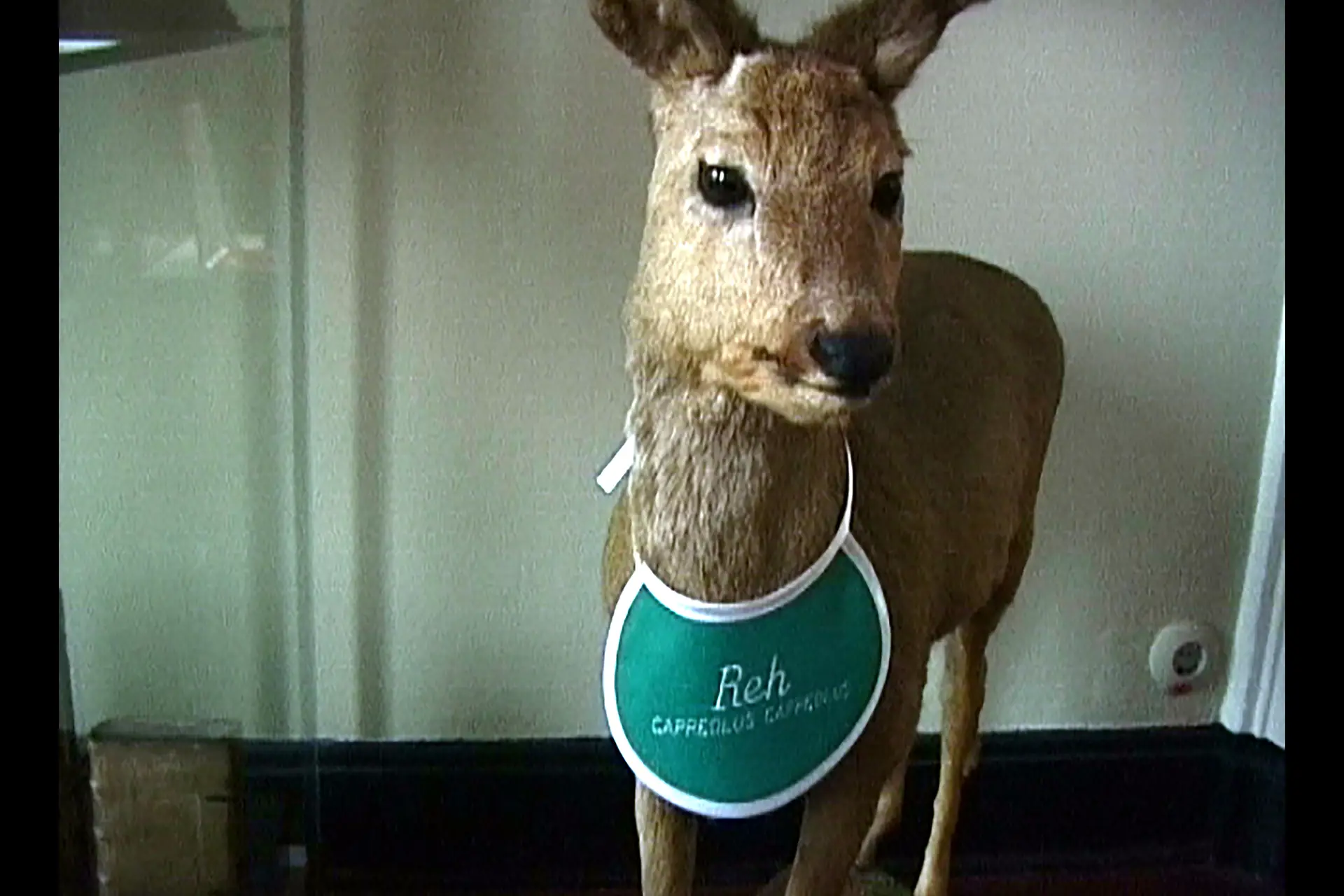
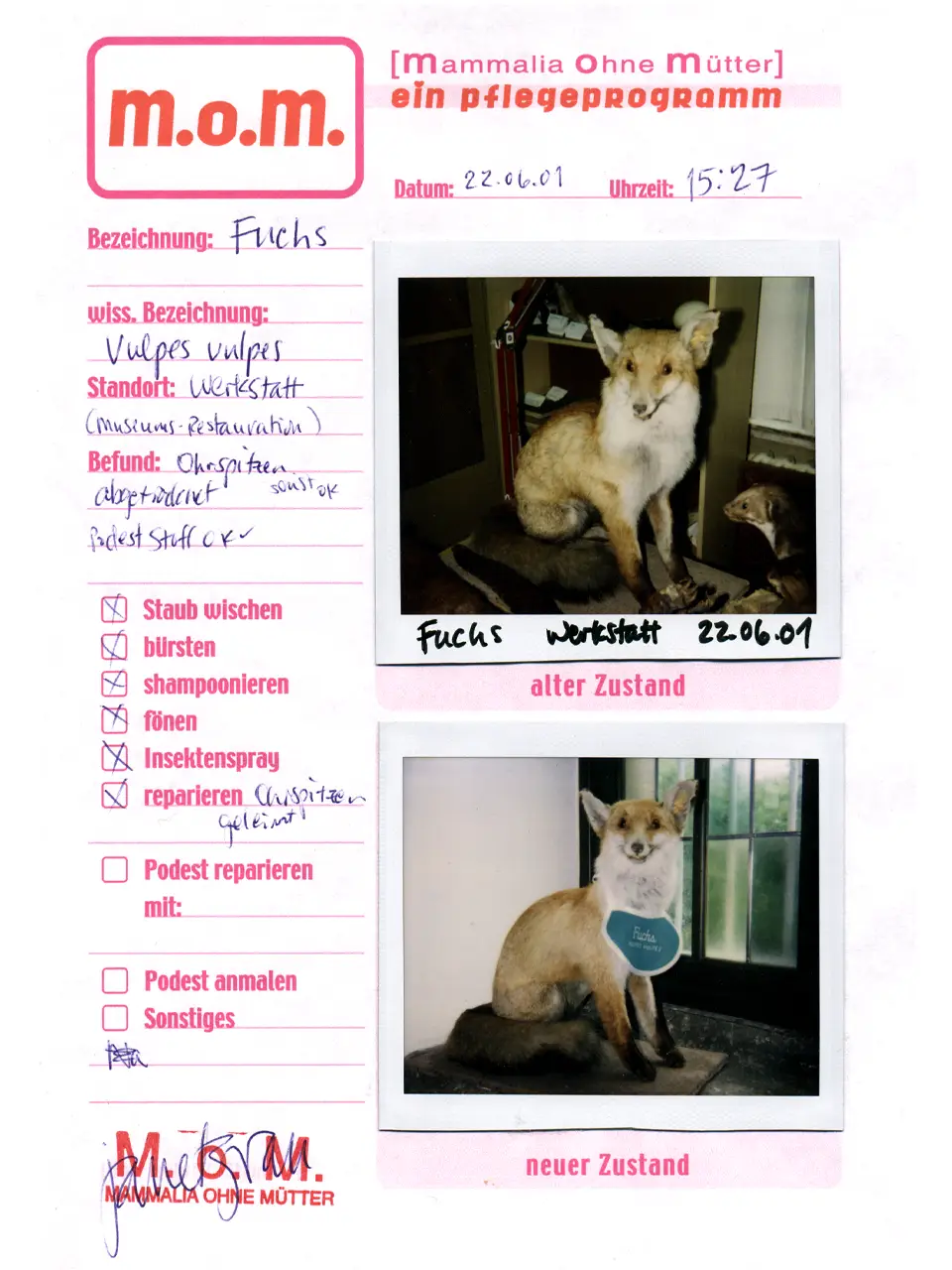
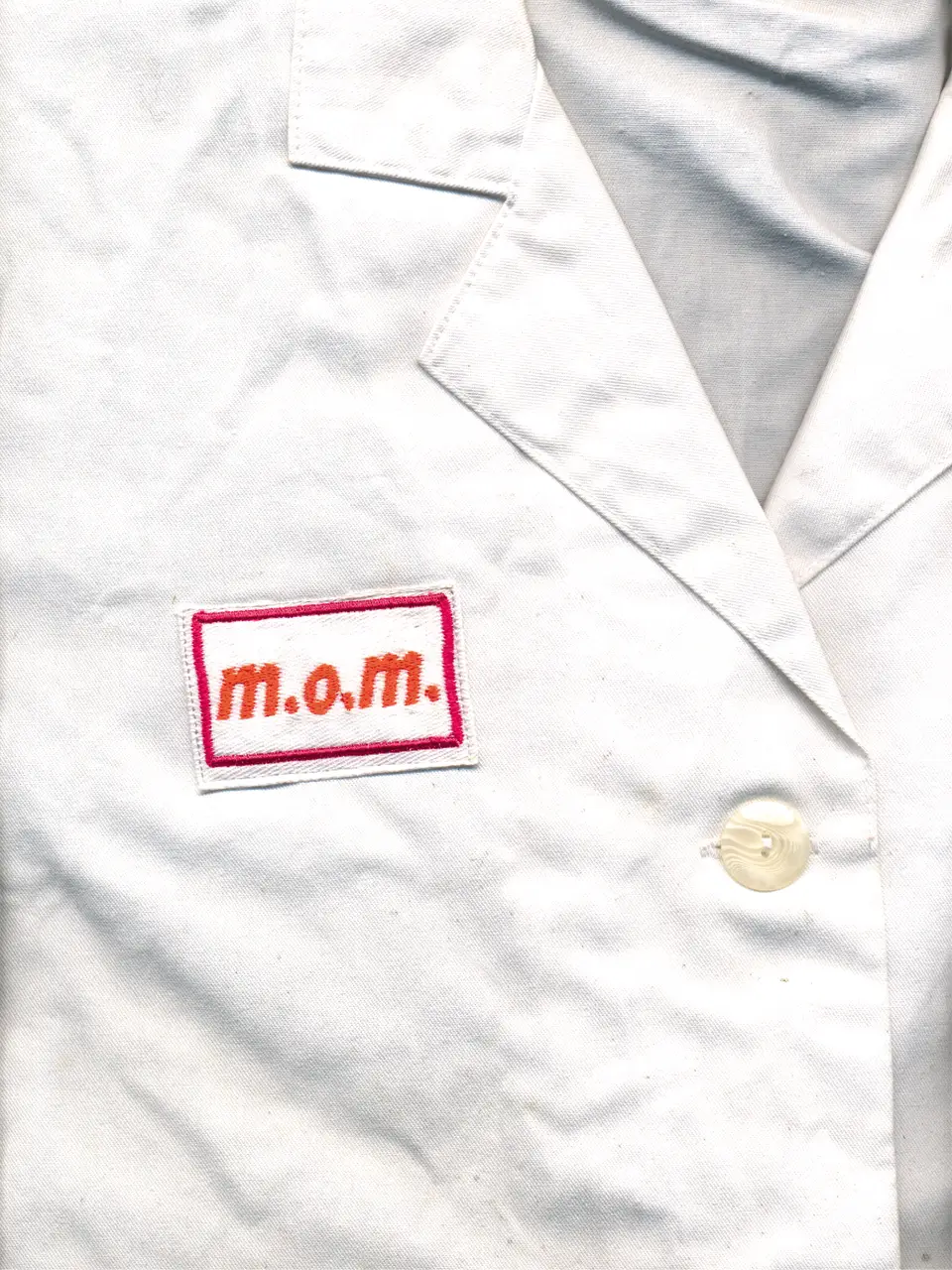
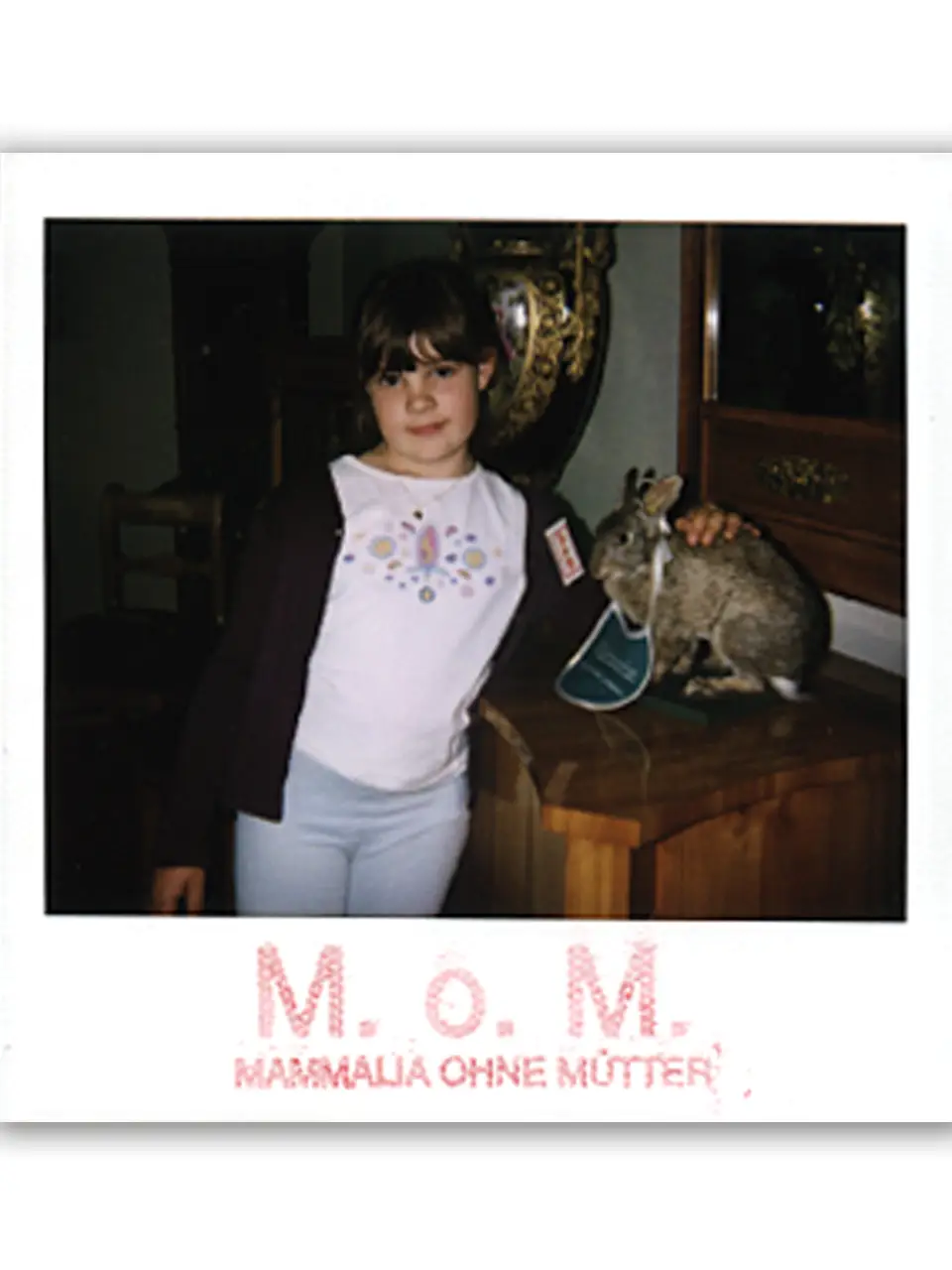
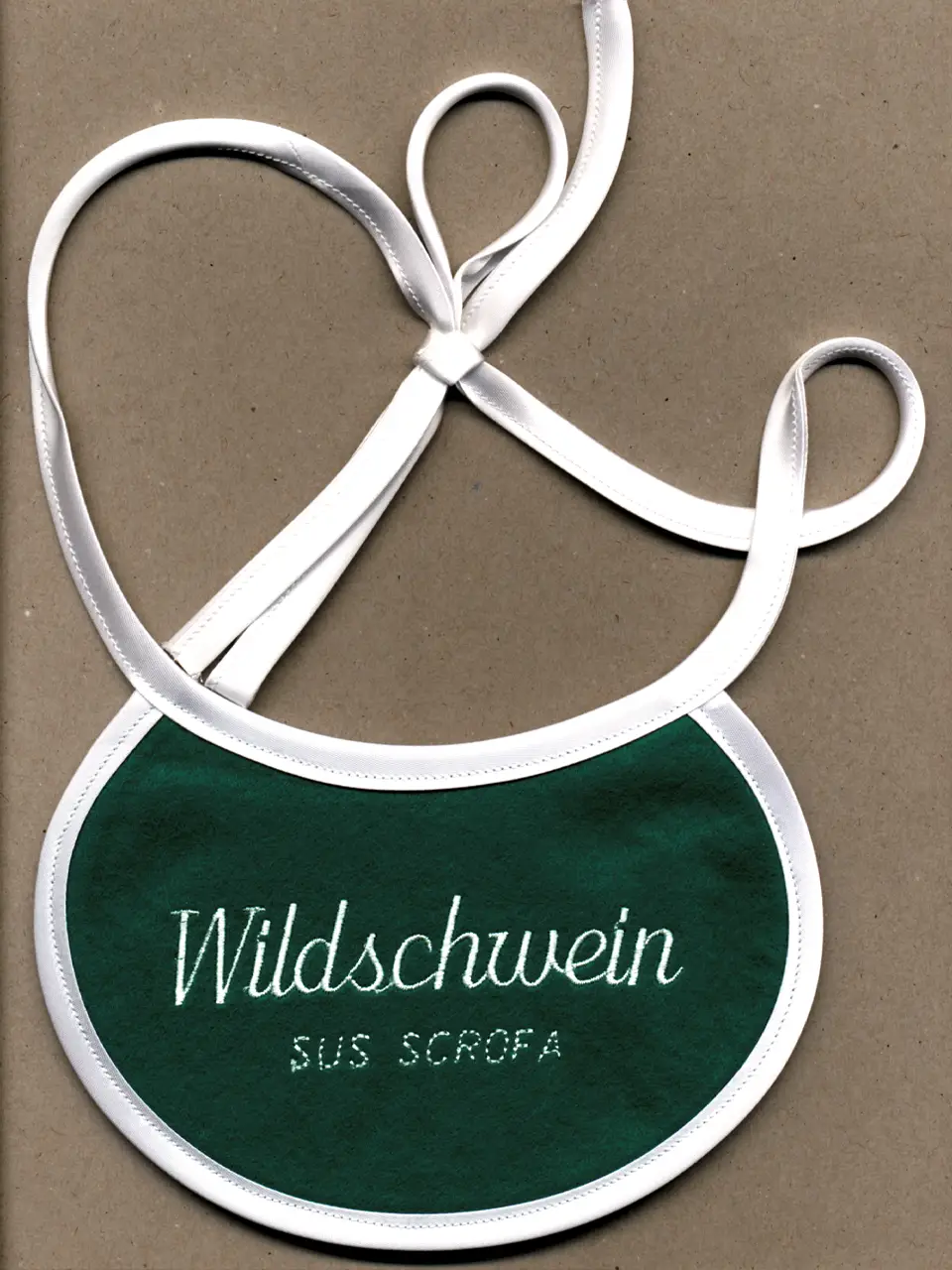
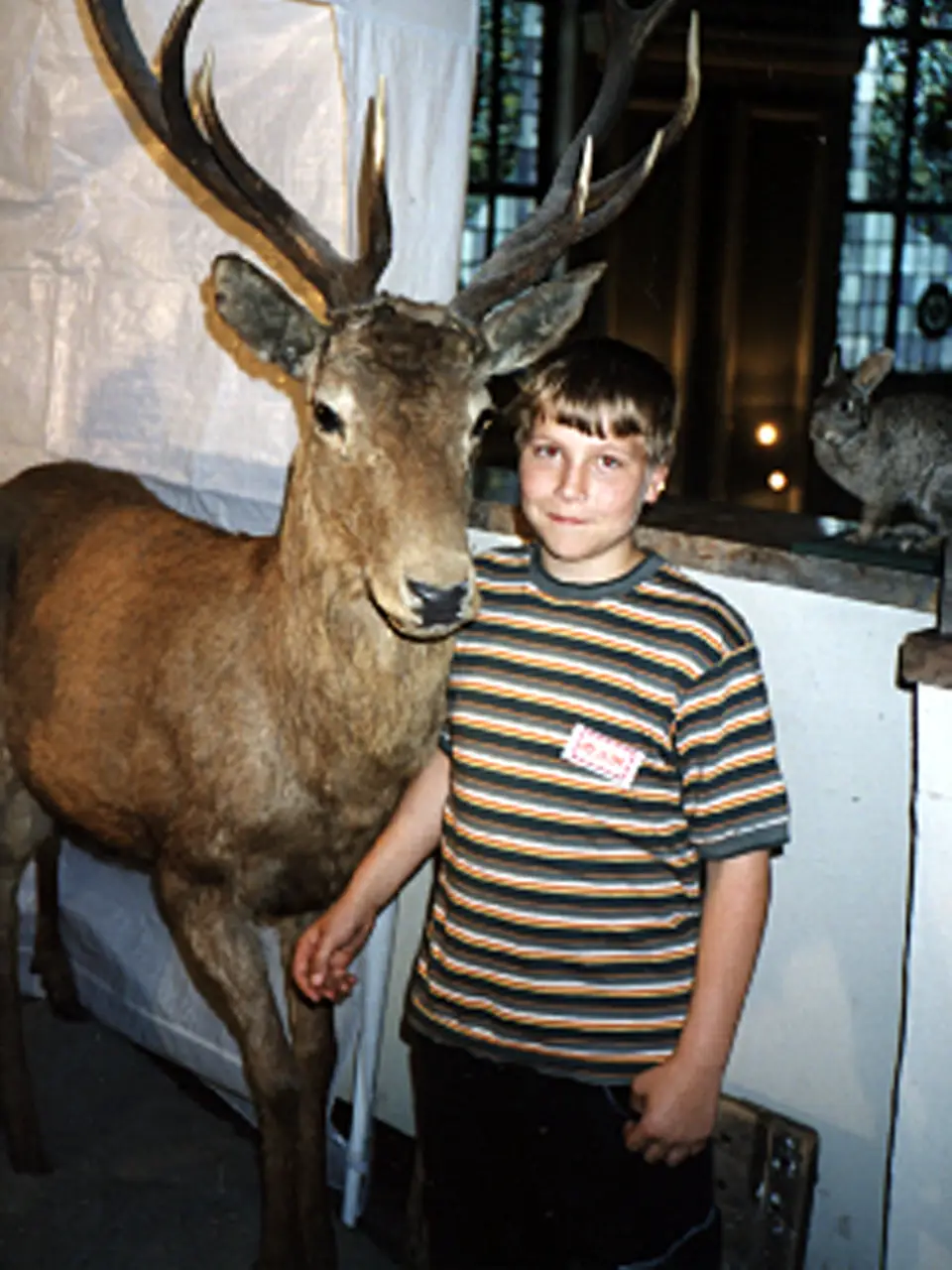
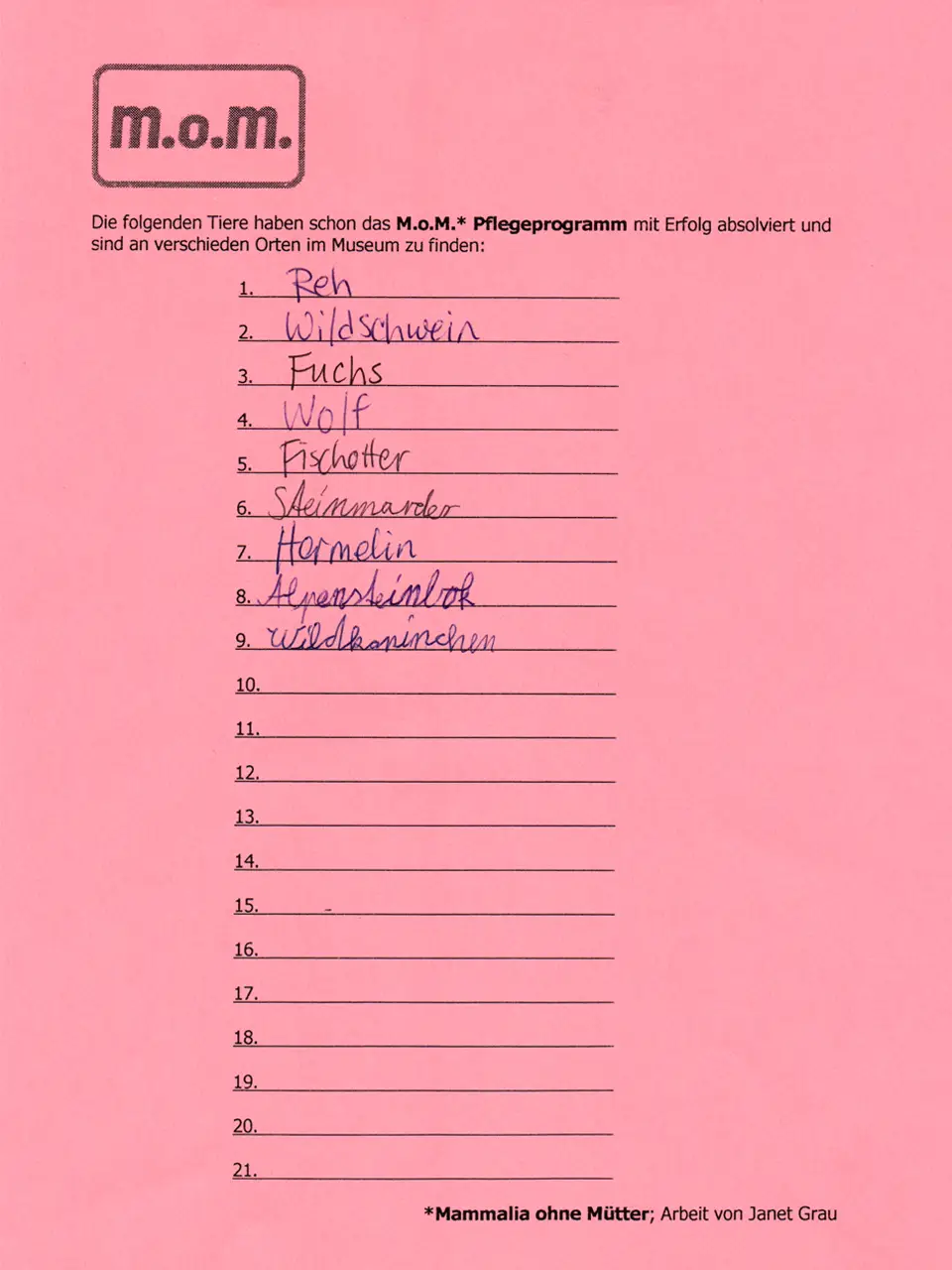
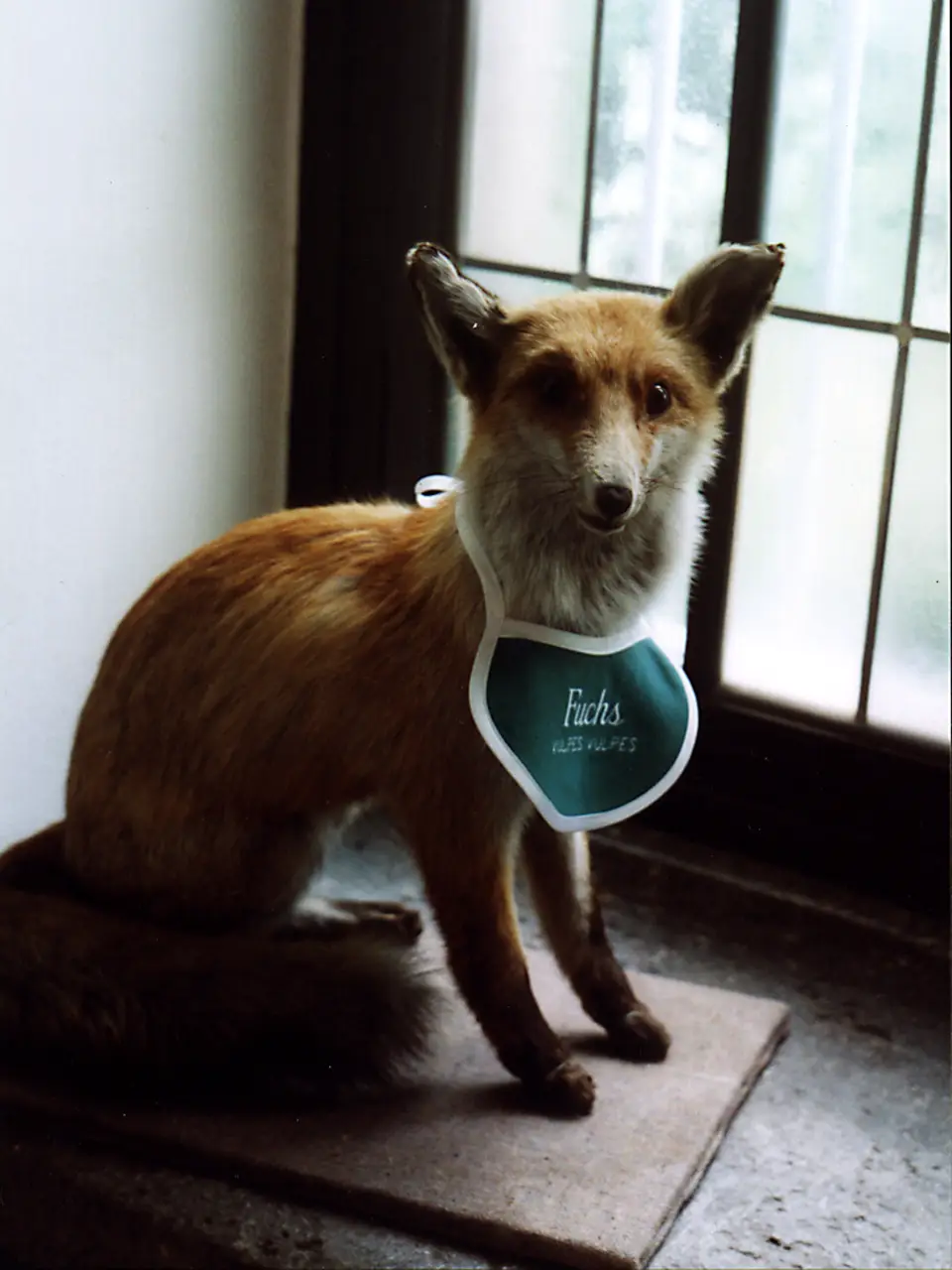


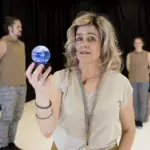
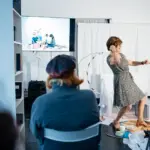
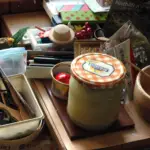

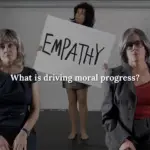
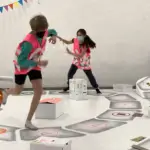

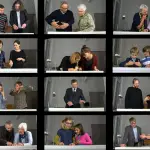


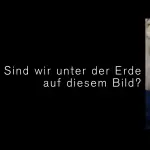
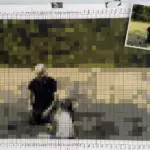
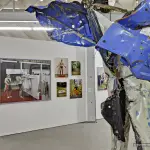
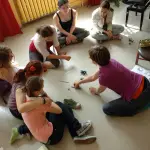

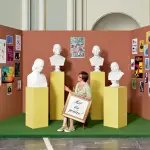

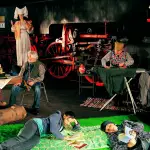
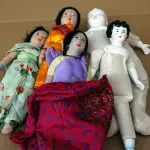

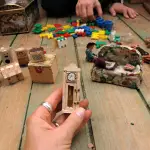
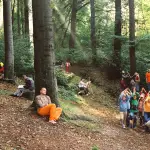
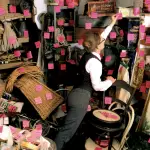
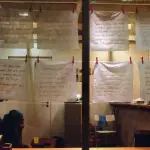



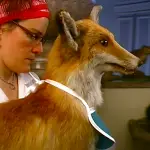
![[privat]](https://janetgrau.de/wp-content/uploads/2024/06/privat-00-150x150.webp)
